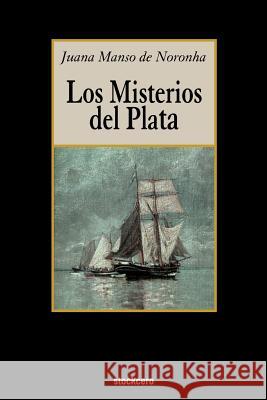Los Misterios Del Plata » książka
Los Misterios Del Plata
ISBN-13: 9789871136377 / Hiszpański / Miękka / 2005 / 132 str.
With Los misterios del Plata, published in 1846 (just months after the release of Domingo F. Sarmiento's Facundo), Juana Manso precedes by five years the publishing of Amalia by Jose Marmol, and constitutes the first historical novel with political background ever written in the River Plate. In spite of her express intention of not being in her soul the imitation of Eugenio Sue's "Misteries of Paris," the historical veracity of the episode of Valentin Alsina harassed by Juan Manuel de Rosas does not take it too far appart from the baseness of the imaginary deeds narrated by the french "feuilleton" writer. Treason, ignorance, turpitude and simpleton selfishness conspire to seal the fate of a noble Valentin Alsina, hardly disguised under the name of Valentin de Avellaneda. The episode narrated by Juana Manso falls within the opressive climate so masterfully sketched by Esteban Echeverria in El Matadero (1838), and had it not been for the intervention of Ricardo Isidro Lopez Muniz, who in his 1924 edition added an (almost happy) ending, the novel would leave a similar bitter aftertaste. The indignation perspired by this writing, released with the author's express intention of "not allowing the executioner and most cruel opressor of this land to be considered a brave and old champion of freedom. It becomes necessary that the entire world learn what the Argentines owe to this Rosas, shame and dispise of the entire humanity" in no way blemishes the fluentness of one of the first argentine women of letters. Not a minor detail is the fact that in Los Misterios. Juana Manso does not relinquish her quest to create a conscience and expand the participative grounds for women, thus she reserves for Adelaida Maza de Avellaneda an essential role in the struggle against fate, with a much more active and energic attitude than her husband's.











